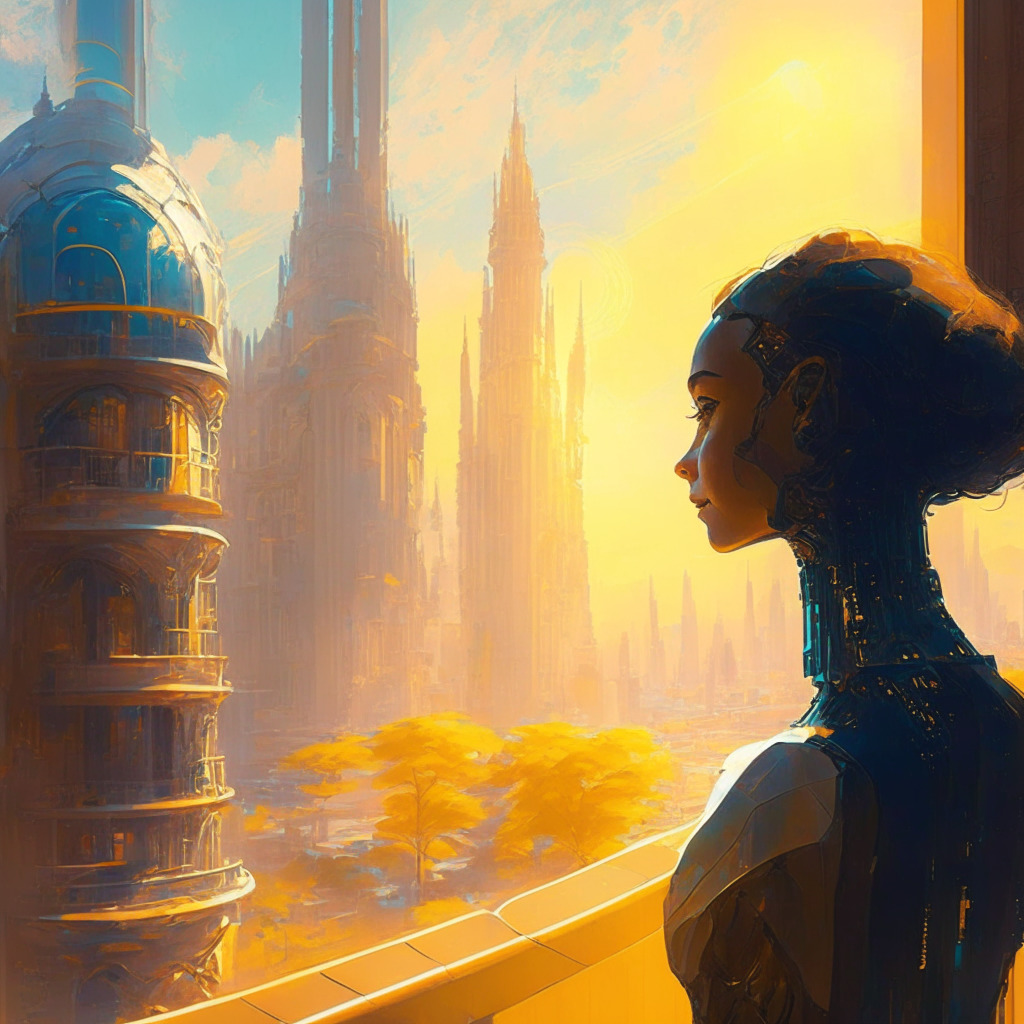Artificial intelligence (AI) has the potential to revolutionize the world, but it also poses significant ethical challenges. At the forefront of addressing these concerns is Anthropic, a company led by former OpenAI researchers, who are developing an AI chatbot called Claude that aims to comprehend and differentiate between good and evil with minimal human intervention.
Claude’s unique “constitution” is informed by the Universal Declaration of Human Rights and other ethical guidelines, such as Apple’s rules for app developers. However, this constitution may be more symbolic than literal, as its creators acknowledge that the actual configuration is a particular set of training parameters that align with these ethical principles.
With today’s AI, a single “token” usually refers to a chunk of data, such as a word or character. Claude boasts an impressive ability to manage over 100,000 tokens of information, which allows for complex and extensive conversations, potentially lasting hours or even days. This capability surpasses other AI chatbots currently on the market.
Despite the exciting potential of AI, determining what is ethical can prove to be both nuanced and subjective. Sometimes, an AI’s understanding of ethics may be limited by the rules enforced upon it and may not align with broader societal norms. In these cases, an overemphasis on a programmer’s personal values might restrict the AI’s capacity to generate unbiased and powerful responses.
Within the AI community, there is a lively debate about whether AIs should be trained using unethical information to help them discern between ethical and unethical content. This exposes an interesting paradox: if AI is knowledgeable about these aspects of human behavior, people may find ways to “jailbreak” the system and prompt these chatbots toward intentions their trainers did not approve.
Claude’s ethical framework, while experimental, is ambitious. Other AIs, such as OpenAI’s ChatGPT, have tried to incorporate similar ethical strategies to mixed success. But the commitment that Anthropic presents in addressing these challenges directly is a significant development in the industry.
By focusing on values like freedom, equality, respect for individual rights, and a sense of brotherhood, Claude’s training steers it toward responses that adhere to its ethical constitution. However, can an AI consistently make ethical choices? AI expert Jared Kaplan argues that the technology is much further along than many might expect, stating that the “harmlessness improves as you go through this process.”
In conclusion, Anthropic’s Claude serves as an essential reminder that AI development is not just a technological race but also a philosophical journey. The challenge is not solely about creating more intelligent AI; it’s about striving to develop an AI that comprehends the delicate balance between right and wrong.
Source: Decrypt




